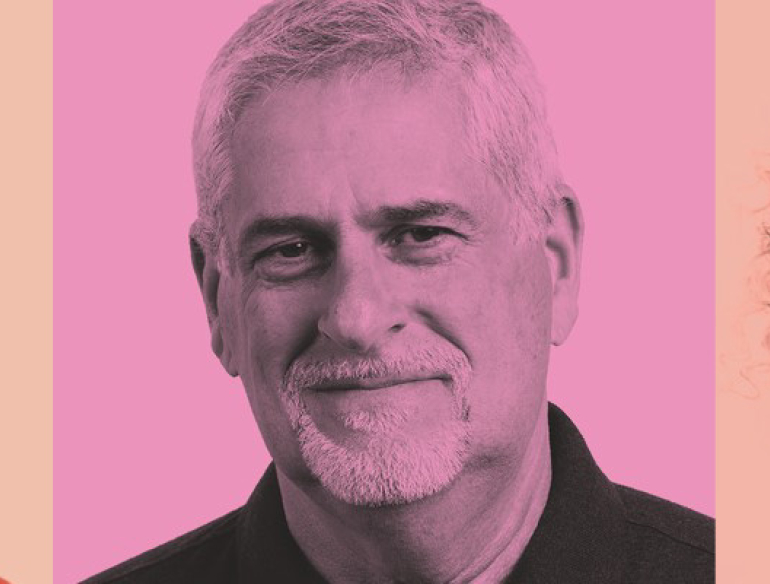- While most participants had few concerns about regarding the direct impact of their HIV diagnosis on their physical health, many nonetheless described their reaction in terms of shock and disbelief, indicating than diagnosis of HIV remains a significant event in individuals’ lives. Participants reported a range of concerns at the time of diagnosis, including worries about career-related restrictions, restrictions on living/working in other countries, possibilities for becoming a parent, reduced sexual and romantic prospects, and a fear of being stigmatised should their diagnosis be revealed.
- Overall rates of linkage to, and retention in HIV clinical care are high among study participants. Treatment coverage is also high, with most participants starting HIV treatment within the for two weeks or months of diagnosis.
- Many participants cited a desire to be non-infectious to others, protecting their own health, and reclaiming sexual citizenship as reasons achieving undetectable viral load was important to them.
- Participants who had engaged in peer support had largely positive experience. Online peer support, mostly through The Institute of Many, was highly valued because it offered information and support through a medium that could be consumed at a time of convenience and that allowed for multiple levels of participation (from active to more passive).
- Most participants stated that the COVID-19 pandemic had not impacted their HIV care. Isolation and mental health concerns were often cited as negative impacts of social distancing and lockdown restrictions, but this was not necessarily related to living with HIV.
The RISE Study utilises longitudinal, semi-structured interviews to explore the experiences of people recently diagnosed with HIV in Australia, including life after diagnosis. To date, 28 people living with HIV have taken part in interviews, with over three-quarters having completed a follow-up interview. Issues including sex and HIV prevention prior to diagnosis, the clinical diagnosis experience, access to and use of HIV clinical care and peer support services, disclosure, sex, relationships, and impacts of COVID-19 are explored. This report also presents findings from another component of the RISE Study that comprises interviews with community-based HIV service providers, mainly exploring the impacts of COVID-19 on their service delivery.

